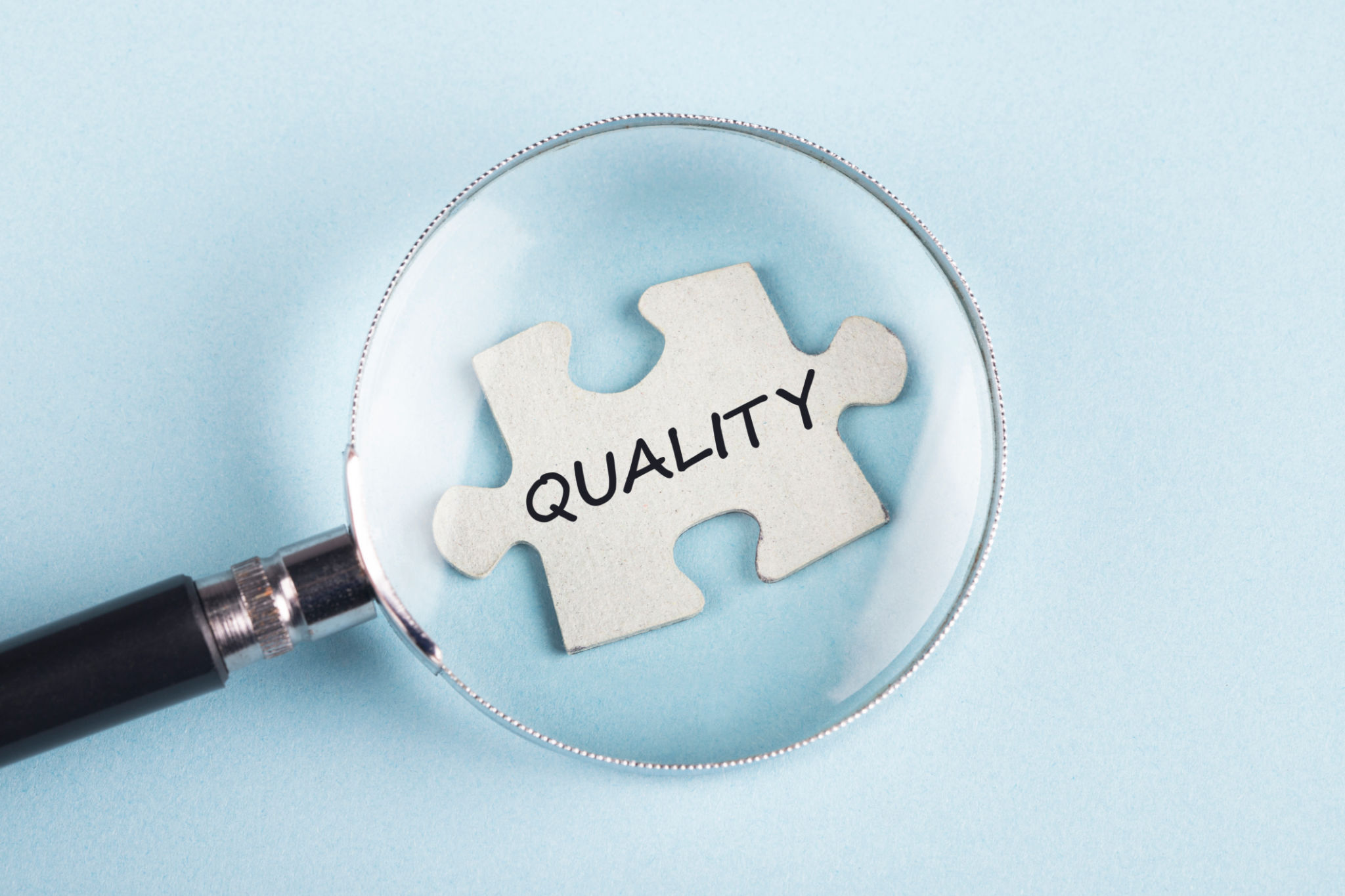Expert Tips for Effective Language Translation in the UK
Understanding the Importance of Accurate Translation
In today's globalized world, effective communication across languages is crucial, especially in a culturally diverse region like the UK. Accurate language translation can bridge gaps, foster understanding, and open up business opportunities. Whether you're a business owner, a student, or a traveler, understanding key translation strategies can significantly enhance your communication capabilities.
Translation is not just about converting words from one language to another; it involves capturing the essence and cultural nuances of the original text. A poorly translated document can lead to misunderstandings and even damage reputations. Therefore, investing in quality translation services is essential.

Identifying Your Translation Needs
The first step towards effective translation is recognizing your specific needs. Are you translating legal documents, marketing materials, or literary works? Each type of document requires a different approach and expertise. Legal translations demand precision and an understanding of legal terminology, while marketing translations should focus on cultural adaptation and persuasive language.
Once you have identified your needs, it's easier to find the right translator or translation service. Look for professionals who specialize in your required field to ensure accuracy and relevance.
Choosing the Right Translation Service
Selecting a competent translation service is vital for achieving high-quality results. Consider the following factors when making your choice:
- Experience: Look for services with a proven track record in your specific industry.
- Native Speakers: Choose translators who are native speakers of the target language for better cultural insights.
- Certification: Opt for certified translators to guarantee professionalism and adherence to industry standards.

Utilizing Technology in Translation
Incorporating technology can enhance the efficiency and accuracy of translations. Tools like translation memory software and machine translation engines can speed up the process while maintaining consistency across documents. However, it's essential to remember that technology should complement human expertise, not replace it.
Human translators bring cultural understanding and context that machines cannot replicate. Thus, a blend of technology and human skill often yields the best results.
Ensuring Quality Control
Quality control is a critical step in the translation process. Implementing a robust review system can help catch errors and ensure that the final product meets your expectations. This might involve multiple layers of proofreading and editing by different experts.
Feedback from native speakers of the target language can also provide valuable insights into the effectiveness and clarity of the translation.

Understanding Cultural Nuances
A successful translation respects cultural nuances and adapts content accordingly. Cultural differences can impact how messages are perceived, so translators must be sensitive to these factors. This is particularly important in marketing translations where slogans and campaigns need to resonate with local audiences.
Investing in cultural training for translators or employing those with deep cultural knowledge can significantly enhance the quality of translations produced.
Conclusion
Effective language translation in the UK requires a combination of expertise, technology, and cultural awareness. By understanding your needs and choosing the right services, you can ensure that your messages are communicated clearly and effectively across languages. Remember, investing in quality translation is an investment in successful communication.
